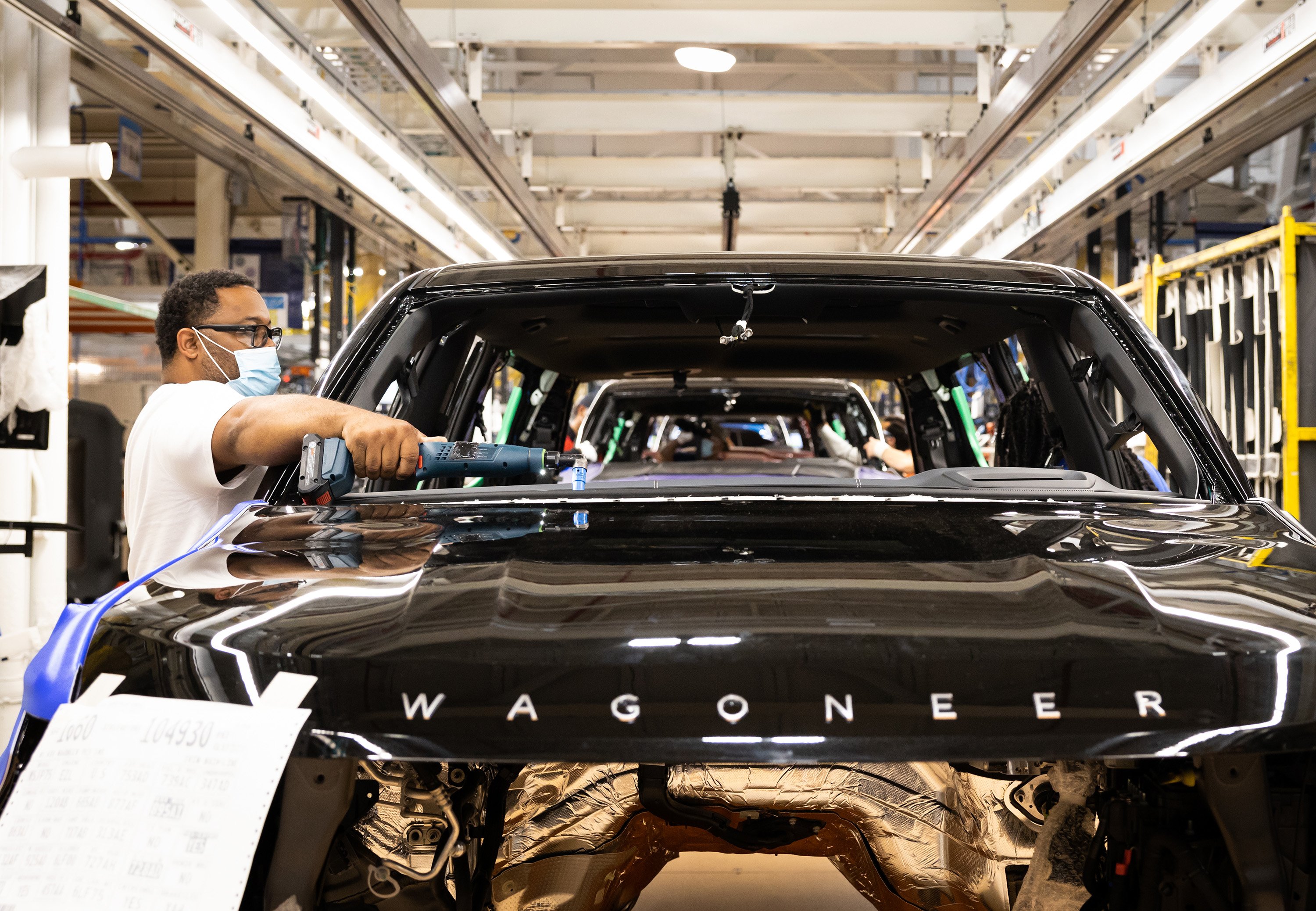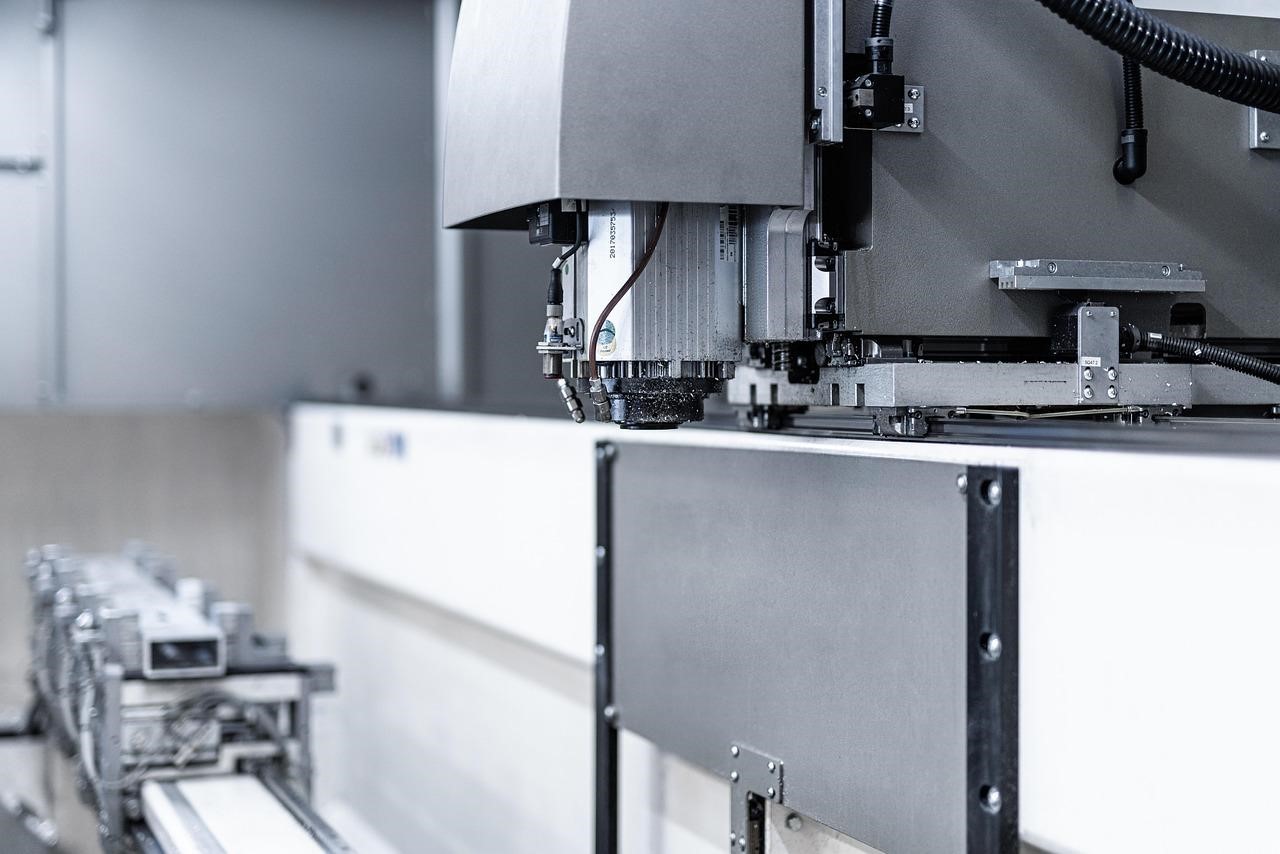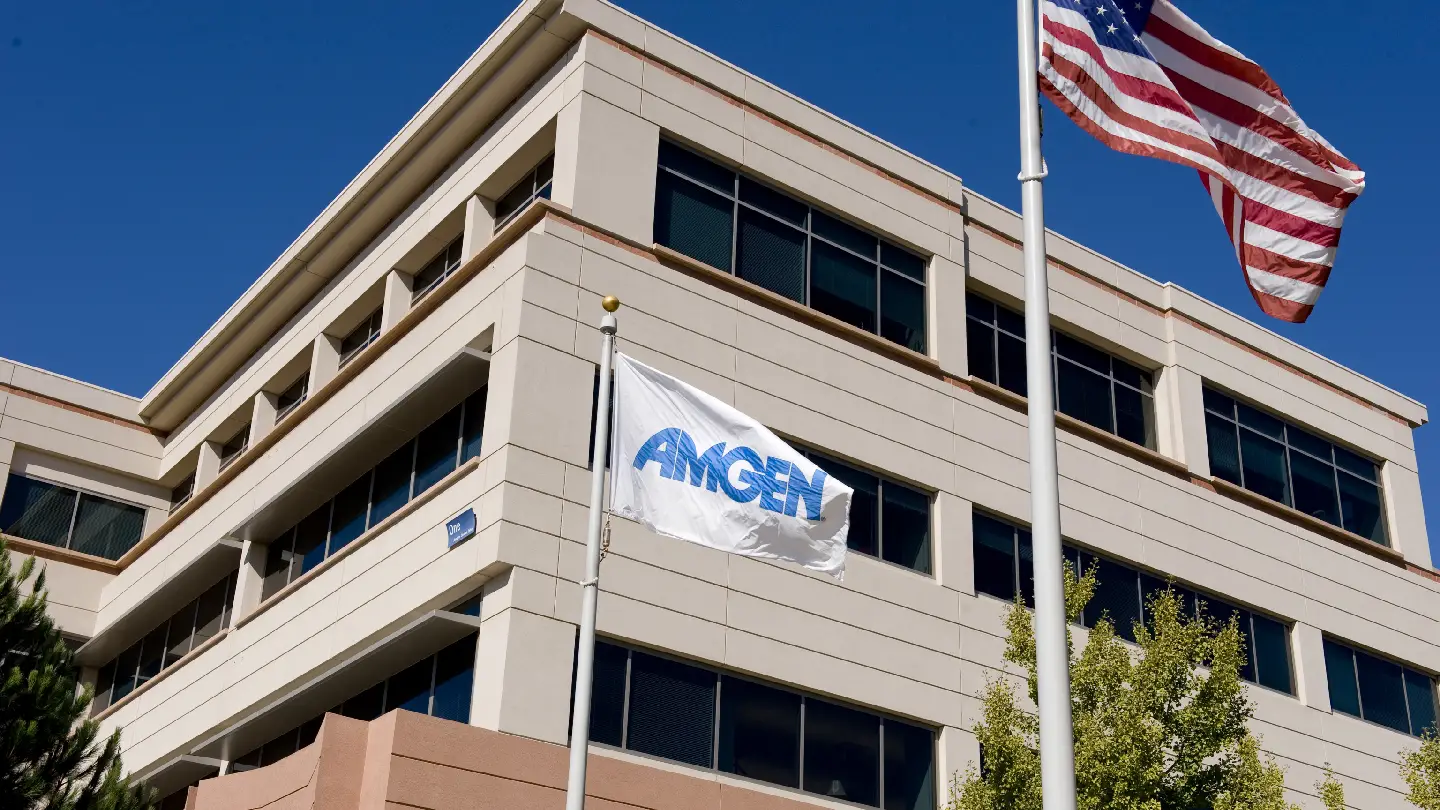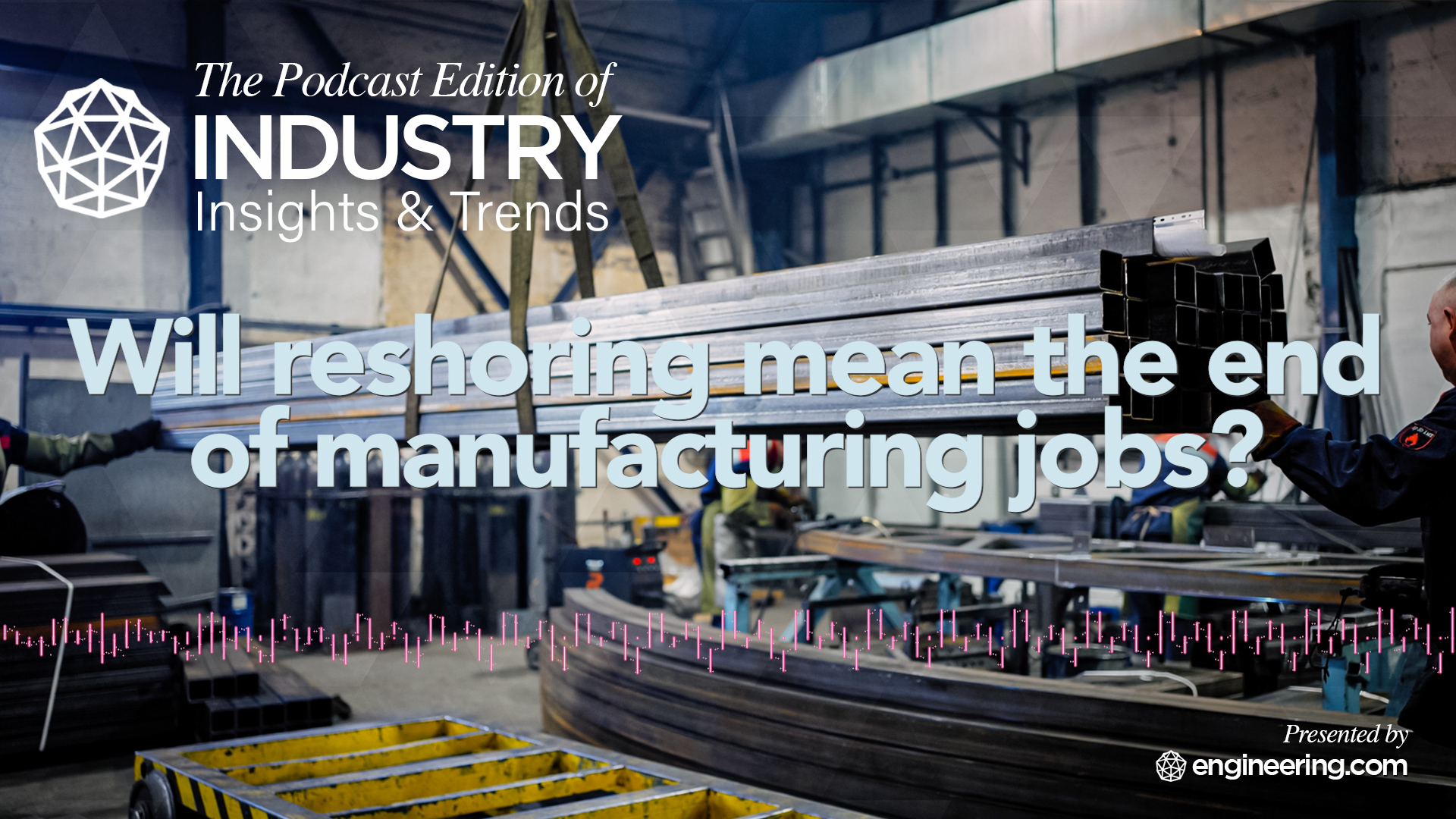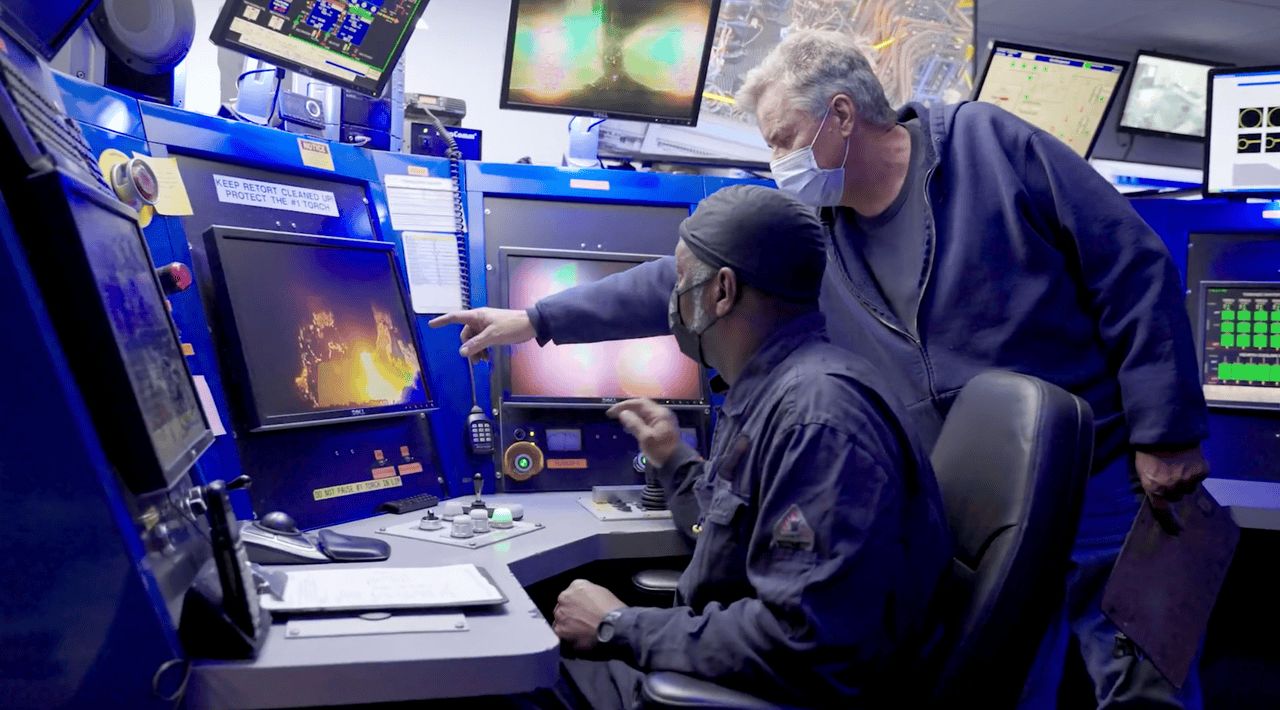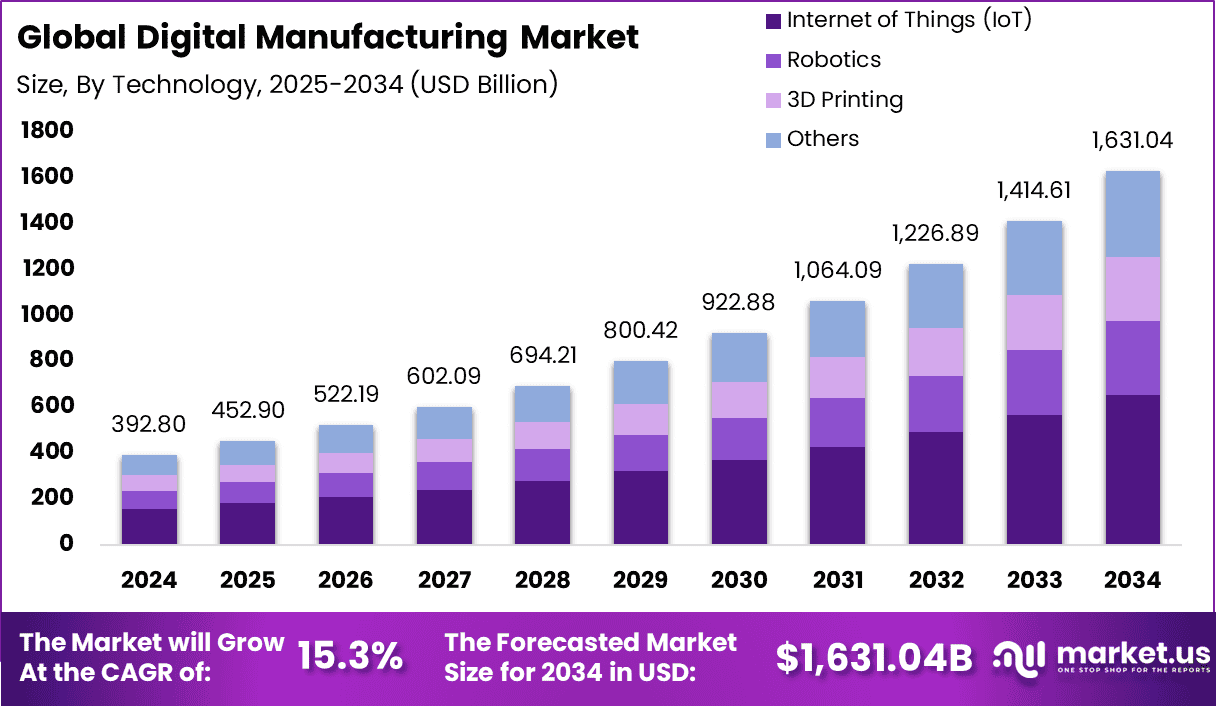
Solar Giant Longi Sets Sights on Algeria's Green Energy Frontier
In a strategic move to bolster Algeria's renewable energy sector, a high-level delegation from Longi, a leading Chinese solar module manufacturer, recently engaged in productive talks with Algerian energy and mining officials. The meeting focused on exploring collaborative opportunities to strengthen Algeria's domestic solar market and potentially establish a local solar manufacturing facility. The discussions highlighted the potential for technology transfer and investment, signaling a promising partnership that could significantly advance Algeria's solar energy infrastructure. Longi's expertise in solar module production combined with Algeria's commitment to renewable energy development suggests a mutually beneficial collaboration that could transform the country's green energy landscape. By considering a local manufacturing facility, the two parties are not only looking to enhance solar technology capabilities but also create potential economic opportunities and support Algeria's national goals for sustainable energy development.


